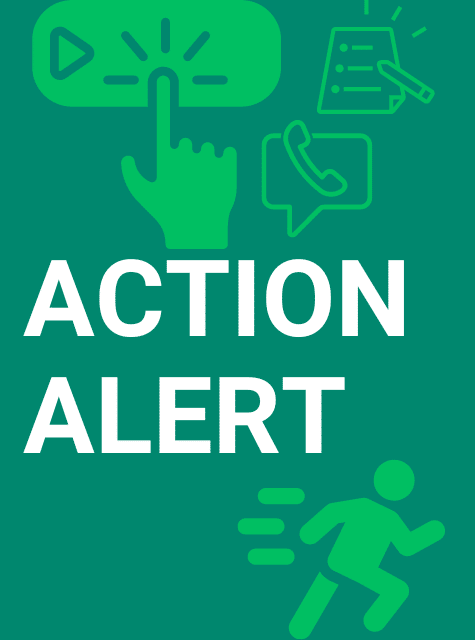Safe at Home Act: House Bill 404 for Tenants’ Rights
The Urgent Need for House Bill 404 in Georgia: A Path to Safe and Habitable Housing

The Current Housing Crisis in Georgia
Georgia’s lack of enforceable standards for rental properties has resulted in dire consequences for its residents. With no requirement for rented apartments and homes to meet minimum health and safety standards, tenants find themselves trapped in living conditions that pose significant risks to their well-being. The state’s housing laws offer little to no effective recourse for tenants in unsafe properties, and the absence of a grace period for curing lease violations exacerbates an already high eviction rate, which is 11% higher than the national average.
The impacts of these inadequate housing laws are far-reaching. At least 582,000 Georgia households, or 15.2% of homes in the state, face severe housing problems, such as lack of plumbing or kitchen facilities. This issue disproportionately affects Black families, 21% of whom live in substandard conditions. The repercussions extend beyond immediate health risks, threatening child development and academic achievement. In 2022, over 13,000 school-age children in Metro Atlanta were living in chronically dangerous apartment complexes, highlighting the urgency of addressing this statewide crisis.
The Proposal: House Bill 404
House Bill 404 offers a strong first step towards improving tenants’ rights in Georgia. By requiring rental properties to be “fit for human habitation,” the bill sets a fundamental standard that protects tenants from unsafe living conditions. It introduces several key benefits, including capping security deposits at two months’ rent, requiring landlords to post notice prior to filing for an eviction in court, and providing tenants with a three-day grace period before eviction proceedings can begin. Additionally, the bill recognizes the essential nature of cooling as a utility, prohibiting its shutoff before eviction proceedings conclude.
Key Benefits and the Path Forward
The enactment of House Bill 404 would mark a significant step forward in safeguarding the health and well-being of Georgia’s residents. By ensuring rental properties are safe and habitable, the bill addresses root causes of housing instability that currently threaten healthy child development and contribute to costly health impacts, such as asthma, which affects nearly 10% of Georgia’s children.
Moreover, by reducing the risk of eviction and ensuring access to basic utilities, House Bill 404 has the potential to stabilize families and prevent the displacement that often leads to children entering the foster care system. The economic implications are equally significant, with the potential to reduce the millions in hospital costs incurred annually due to poor housing conditions.
Conclusion
House Bill 404 stands to improve living conditions for Georgia’s residents and to foster a healthier, more stable environment for children and families across the state. As lawmakers and citizens alike consider the future of housing in Georgia, the passage of House Bill 404 represents a crucial step towards ensuring that all Georgians have access to safe, habitable, and affordable housing. It’s time for Georgia to align with the majority of states in upholding the dignity and health of its residents through enforceable housing standards.

